Earth
Sign up for our newsletter
We summarize the week's scientific breakthroughs every Thursday.
-
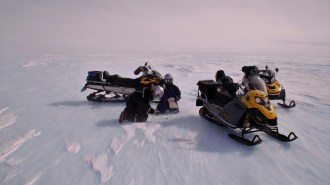 Planetary Science
Planetary ScienceMachine learning points to prime places in Antarctica to find meteorites
Using data on how ice moves across Antarctica, researchers identified more than 600 spots where space rocks may gather on the southern continent.
-
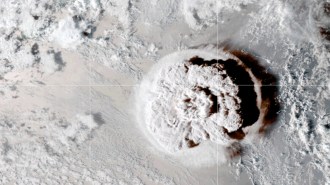 Earth
EarthWhat the Tonga volcano’s past tells us about what to expect next
The January 15 eruption of a Tongan volcano triggered atmospheric shock waves and a rare volcanic tsunami; its history suggests it may not be done.
-
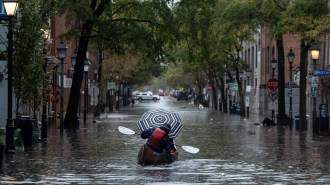 Climate
ClimateIntense drought or flash floods can shock the global economy
Rainfall extremes have powerful impacts on the global economy, affecting the manufacturing and services sectors more than agriculture.
-
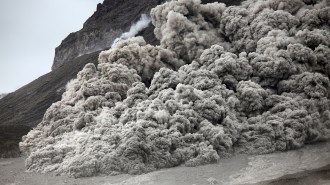 Earth
EarthVolcanic avalanches of rock and gas may be more destructive than previously thought
Pressures within pyroclastic flows may be as much as three times as great as observations had suggested.
By Nikk Ogasa -
 Climate
ClimateClimate change communication should focus less on specific numbers
Even if nations don’t meet goals to curb global climate change, any progress is better than none.
-
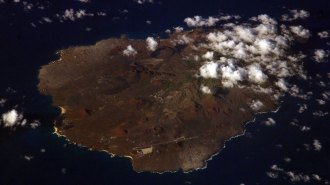 Earth
EarthSome volcanic hot spots may have a surprisingly shallow heat source
Mysterious hot spots of volcanic activity in the interior of tectonic plates just got a little stranger.
By Sid Perkins -
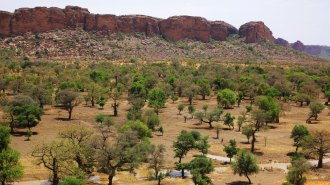 Climate
ClimateAfrica’s ‘Great Green Wall’ could have far-reaching climate effects
The “Great Green Wall,” a tree-planting project to stop desertification in northern Africa, could alter climate patterns in the region and beyond.
-
 Climate
ClimateHow electric vehicles offered hope as climate challenges grew
Amid daunting climate change challenges, electric vehicles swerved into the spotlight this year.
-
 Climate
ClimateVikings may have fled Greenland to escape rising seas
Vikings abandoned Greenland in the 15th century. Lower temperatures, an expanding ice sheet and rising sea levels may have played a role in their departure.
By Freda Kreier -
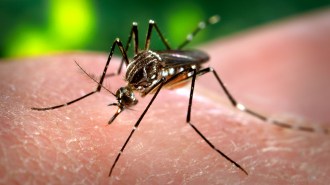 Animals
Animals50 years ago, scientists were genetically modifying mosquitoes
In 1971, scientists turned to genetics to control disease-spreading mosquitoes without DDT. Today, there are a variety of pesticide-free methods.
-
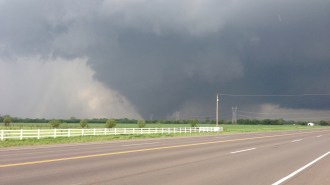 Climate
ClimateHow a warming climate may make winter tornadoes stronger
A climate simulation suggests that higher winter temperatures could make twisters more powerful.
-
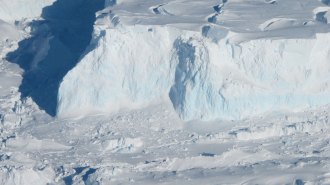 Climate
ClimateAntarctica’s Thwaites Glacier ice shelf could collapse within five years
The loss of Thwaites’ buttressing ice shelf could hasten the demise of the “Doomsday Glacier” and raise the risk of dramatic sea level rise.